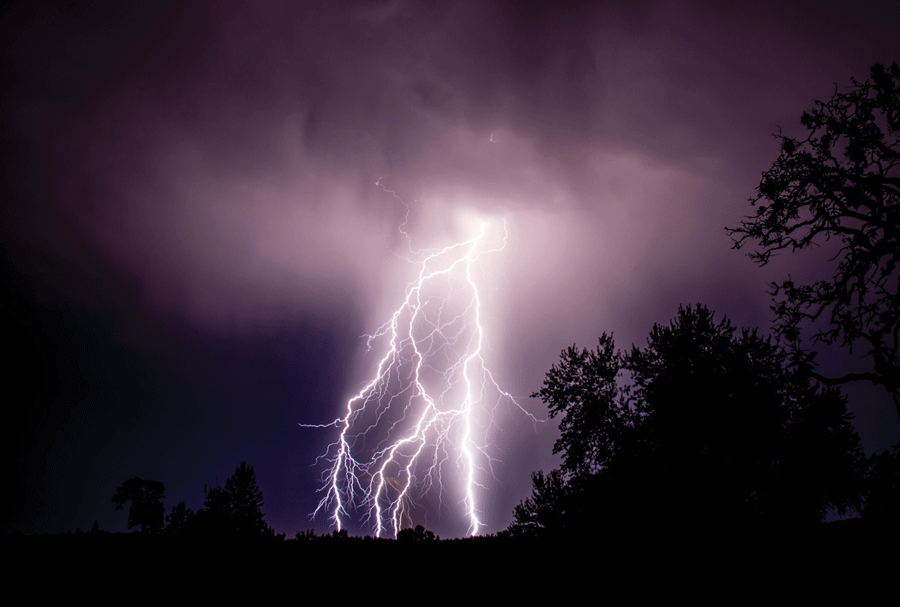Emergency Weather Updates Explained
Upon returning to campus this year, many students took note of a seemingly new system for broadcasting weather emergencies. This outdoor warning system is heard throughout the Colgate campus and includes sirens and a following announcement detailing the specific emergency. Though many students and administrative staff members had never heard the warning system before and assumed that it had been introduced this summer, Director of Environmental Health and Safety Daniel Gough spoke to the contrary.
“We actually installed this system about a year ago. It’s become a standard for most higher education institutions to have an outdoor mass notification or warning system,” Gough said.
Though the system has been in place for over a year, the initial speaker system could only be heard by a quarter of the campus, and therefore went unnoticed by the majority of the Colgate population. The sirens are heard most frequently during the summer when lightning season is at its peak. Due to the recent regularity of these announcements, several students voiced their concern that the system has been focusing on weather patterns that held little to no threat to the Colgate campus. Junior Sara Hinton lived in Hamilton throughout the summer, and heard the siren go off several times a month. The rate at which the warning system is heard has made many students skeptical of the
system’s reliability.
“Something to look at is how many times the warning system has gone off since it was implemented. I’m not sure it has ever really been accurate,” Hinton said. A fair amount of students’ anxiety about the warning system’s reliability is directly related to a lack of knowledge regarding the criteria for an event to be broadcast. The Department of Environmental Health and Safety has specific criteria when considering
broadcasting the weather information.
“We have created two perimeters around the campus, with a radius of eight miles and 30 miles. If we have any weather event that comes inside either of these areas, we get alerts via text message or through the system itself,” Gough said.
Once Gough and other members of his department receive word that a weather event is approaching the Colgate campus, they are able to log on to an online system called WeatherSentry to determine if any uncommon weather activity will come through the immediate campus.
The Department of Environmental Health and Safety was extremely careful in choosing an outdoor warning system. WeatherSentry is frequently used by air traffic control, as well as professional sports organization, to ensure the safety of passengers and spectators. One of the many technological advantages of this program is that it is insusceptible to jamming by outside interference.
The warning system also has a very fast decibel drop off, insulating the announcement to the Colgate campus. Though the alerts can sometimes be heard while walking into town, the town itself is not frequently disturbed by loud announcements. Junior Warren Dennis spoke in support of Colgate’s safety efforts, though he had some doubts about the implementation of the program.
“[The alert system] definitely adds something new,” he said. “I think that the email, text or phone call from Campus Safety is very effective because, if you have that, you can just look and see that something bad is going to happen later today. That being said, the siren is a lot more immediate and can be a lot more helpful for people who might not be checking their emails. I think it’s a good idea, but it seems ineffective. I know people, including myself, will just disregard it.”
Junior Benjamin Campbell felt that the frequency of alerts has been an appropriate response to recent changes in the earth’s climate. “I think the concept of this system could be beneficial to Colgate and the surrounding area. The immediacy of the message is important for serious storms, such as tornados,” he said.
Overall, the emergency sirens are indicative of Colgate’s continual effort to maintain the health and safety of its residents. Though several announcements about summer lightning may be annoying and feel unnecessary, it goes towards protecting the community and providing important information in a timely matter to a large amount of people.






